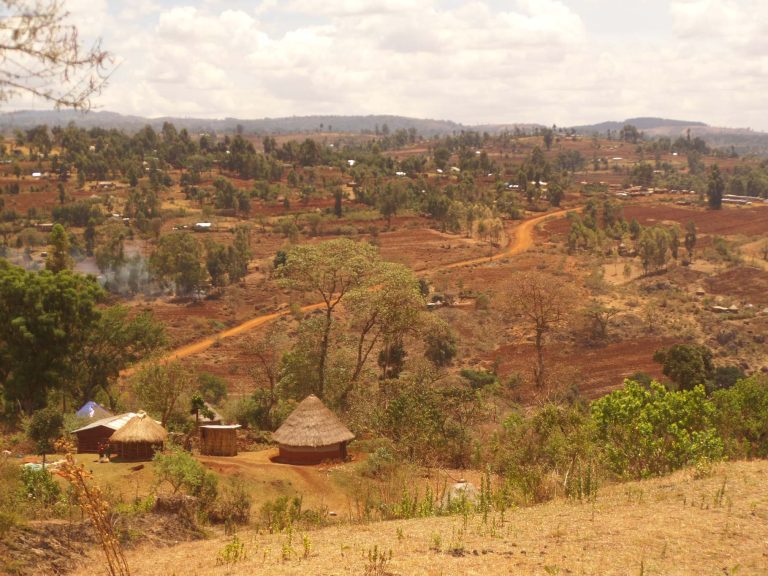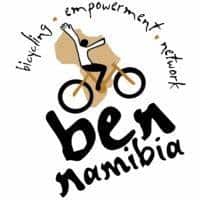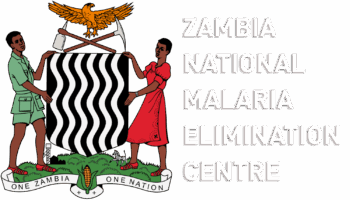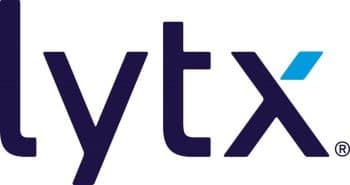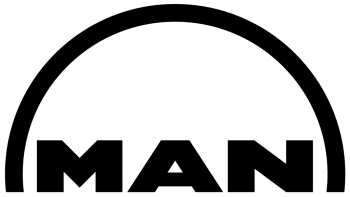Our Programmes

More MAMaZ
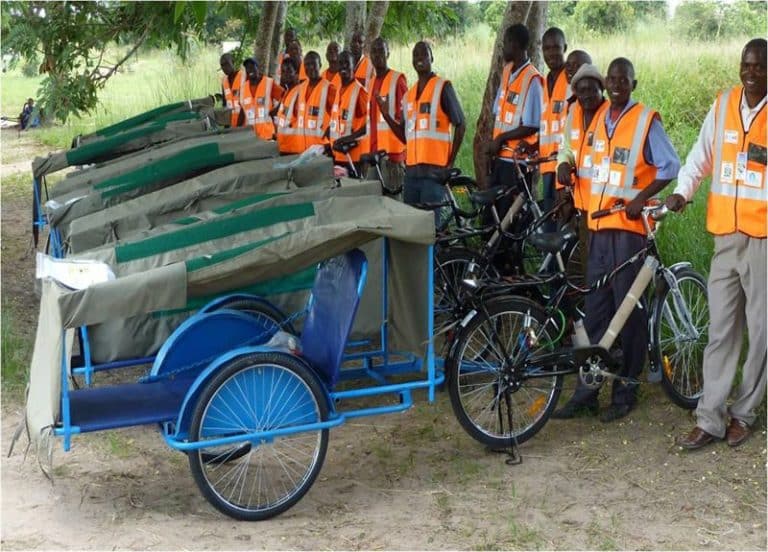
MORE MAMaZ aims to increase the use of maternal and newborn health services among rural communities in Zambia. The project is achieving transformational change for women and girls, particularly those who are under-supported at household and community level, by supporting government partners to scale up HPI’s community engagement approach. This builds on the successes achieved by a predecessor programme, Mobilizing Access to Maternal Health Services in Zambia (MAMaZ), implemented between 2010-2013.
Rural communities are empowered to increase MNH awareness, address access and affordability barriers, and tackle underlying social problems that contribute to negative health outcomes, such as gender-based violence. The approach strengthens existing structures, namely community-based Safe Motherhood Action Groups (SMAGs). Complementary, targeted supply-side inputs are provided.
Five districts (Chama, Kaoma, Mkushi, Mongu, and Serenje) are being supported to take the MAMaZ intervention to scale by increasing the coverage of community engagement activities to a target 100% over the programme’s lifetime (from a current average of 25% population coverage).
Capacity building of District Health Management Teams focus on building a secure, long-term institutional home for demand-side health-related issues in a context where these issues have previously been given low priority.
New learning and evidence from the intervention districts will increase understanding at national level about effective ways to intervene at community level in support of improved maternal and newborn health services. Support will be provided to the Ministry of Community Development and Mother and Child Health to scale up at national level, rolling out the community engagement approach to as many districts as possible. Significant numbers of people are expected to benefit from the initiative.
The project is implemented in support of the Comic Relief Maanda Initiative theme of improved health for women aged 15-49 and children under five. Transaid works to implement this project with a consortium comprising Health Partners International, Development Data, and Disacare.

